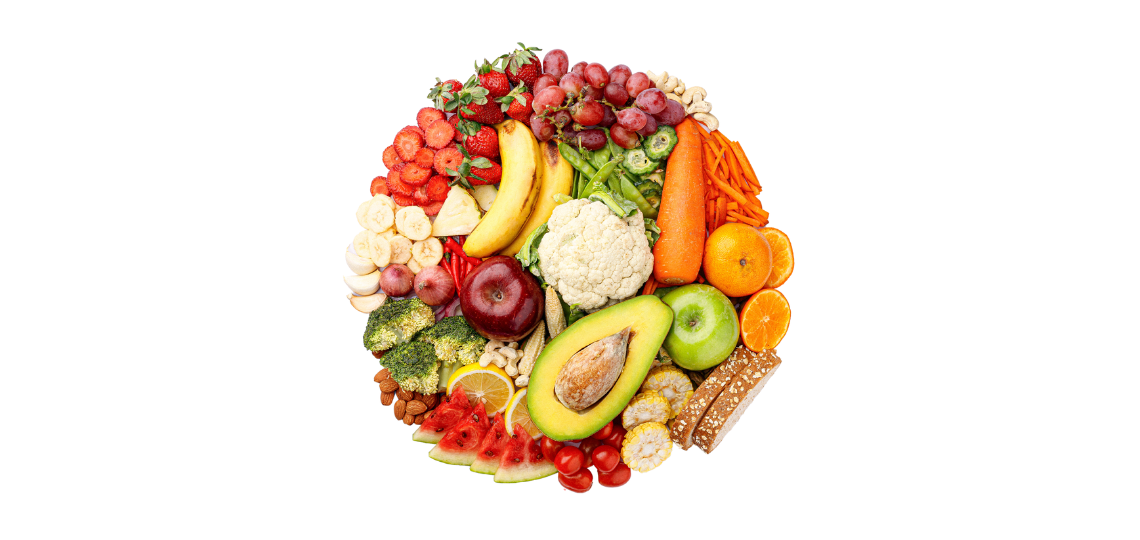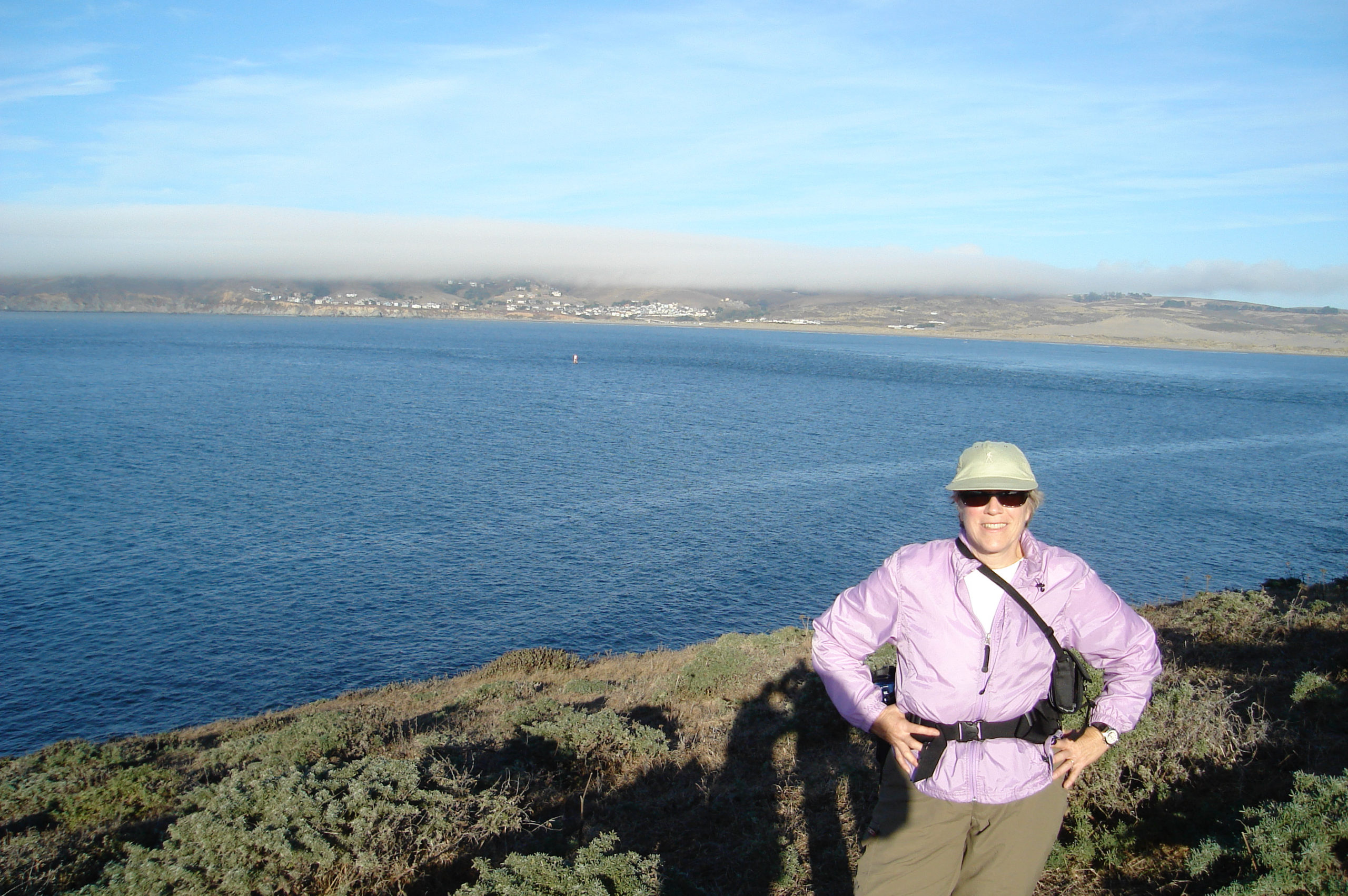For many people, food is something to savor, enjoy, even devour. We use recipes that have been passed down from generations, bringing us closer to our families, cultures and communities. What can sometimes be overlooked, though, is the healing and preventative power of good nutrition, and using food as medicine. In fact, good nutrition may reduce the incidence of breast cancer and the risk of breast cancer progression or recurrence. There are many studies in progress to help further understand how diet and cancer are related. We do know that improved nutrition reduces risk of chronic diseases, such as diabetes, obesity, hypertension and heart disease, and also enhances overall quality of life. (1).
Though there is no nutritional plan guaranteed to prevent breast cancer or to protect women with breast cancer from a recurrence, the guidance provided in the documents below – developed by the UCSF Cancer Center’s registered dietician nutritionists, board certified specialists in oncology nutrition, and integrative and functional nutritionists- are based on research, and are designed to lower cancer risk and improve a sense of well-being.
Nutrition & Breast Cancer: Healthy Diet Guidelines for Reducing Breast Cancer Risk (abbreviated)
- What’s included: 20 paged abridged document with guidance on plant-based diets, organic produce (conventionally grown, sustainably grown, organically grown, and most and least contaminated produce), dietary recommendations, additional nutritional and lifestyle recommendations, information on genotoxins, bone building nutrients, and recipes!
Nutrition & Breast Cancer: Healthy Diet Guidelines for Reducing Breast Cancer Risk (full version)
- What’s included: 55 page detailed document with nutritional education on fats, sugars, calories, vitamins/minerals, exercise/lifestyle, plus guidance on plant-based diets, organic produce (conventionally grown, sustainably grown, organically grown, and most and least contaminated produce), information on genotoxins, bone building nutrients, and recipes! Plus a glossary, research citations, and additional resources.
There’s a plethora of information available to the public on niche diets and nutrition for health, but here are just a few additional resources related to nutrition and chronic diseases to get you started:
- UCSF Health Breast Cancer Self Care & Recovery: Nutrition- https://www.ucsfhealth.org/education/breast-cancer-self-care-and-recovery-nutrition. (1)
- Food is Medicine, by Mary Flynn, PhD, RD, LDN- http://www.medfooddiet.com/
- Harvard TH Chan School of Public Health: Nutrition Source – https://www.hsph.harvard.edu/nutritionsource/



